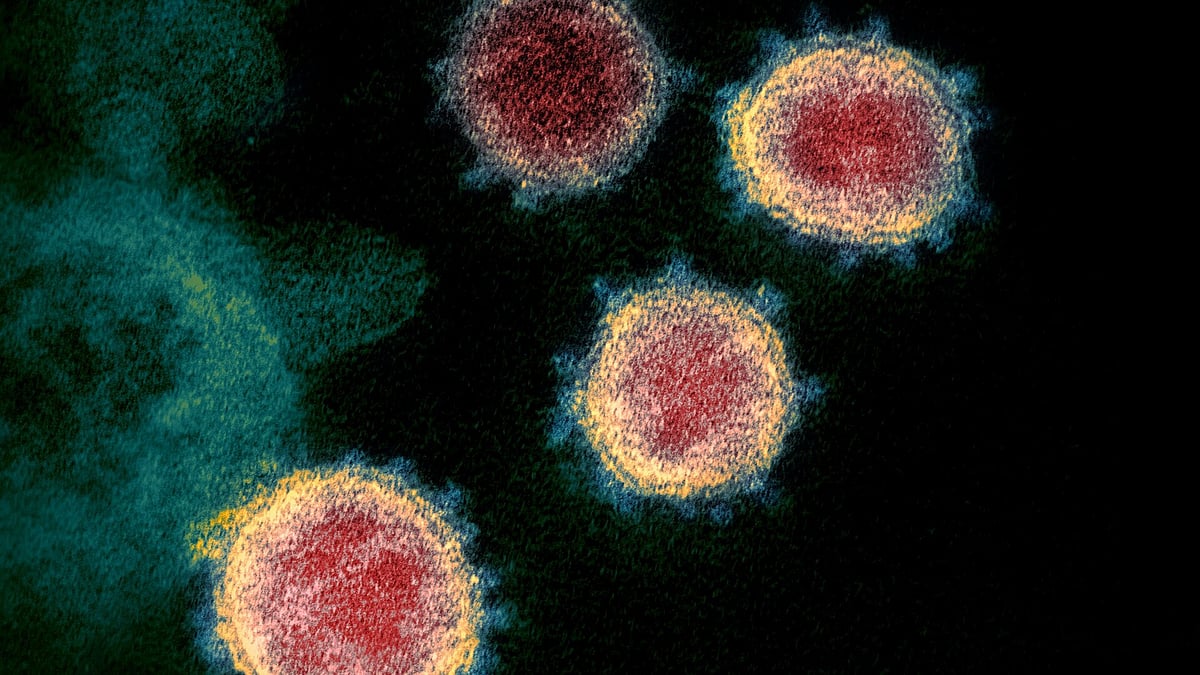Explained: What Is NB.1.8.1 COVID-19 Variant Detected In India, How Contagious It Is & Should You Be Worried? | (Photo Courtesy: X/@Dave_it_up)
A new COVID-19 sub-variant, NB.1.8.1, has been detected in India, raising fresh questions about the evolving nature of the virus and its potential impact. Though currently classified by the World Health Organisation (WHO) as a ‘Variant Under Monitoring’, NB.1.8.1 has mutations that could increase transmissibility, prompting global surveillance.
The variant, identified from a sample in Tamil Nadu and sequenced in April, is linked to the Omicron sub-lineage JN.1. While only one case has been reported in India so far, the variant has been spreading across several countries, sparking mild concern among health officials and virologists.
What Makes NB.1.8.1 Different
NB.1.8.1 is derived from the recombinant XDV.1.5.1 strain and exhibits a set of spike protein mutations—A435S, V445H, and T478I—that may make it more infectious and capable of evading some immune defences. According to a report in The Indian Express, the variant carries six spike mutations compared to LP8.1 and eight compared to JN.1, potentially enhancing its ability to bind to human cells.
Preliminary data from China and other countries suggest a higher transmission rate, but not an increase in disease severity. “There is no evidence that this variant causes more serious illness or a spike in hospitalisations,” noted health experts cited by The Hindu.
Globally, 58 NB.1.8.1 genome sequences have been submitted to international databases, with cases reported from the United States, Japan, South Korea, Singapore, and Thailand. Singapore, in particular, has seen a notable uptick in COVID cases this May, from 11,100 to over 14,000 weekly infections.
Current Status in India and Symptoms to Watch
As of May 19, India reported just 257 active COVID-19 cases, with JN.1 remaining the dominant variant (53%), followed by BA.2 (26%). The single NB.1.8.1 detection in Tamil Nadu has not led to a cluster outbreak. The Health Ministry has confirmed that the situation remains under control and is being closely monitored.
Symptoms of NB.1.8.1 are consistent with earlier Omicron strains and include sore throat, fatigue, mild cough, fever, nasal congestion, headache, and gastrointestinal issues. Unlike previous variants like Delta, loss of smell or taste is rare.
One case that drew attention recently was from Bengaluru, where a nine-month-old baby in Hoskote tested positive for Covid-19 on 22 May. The infant, currently under care at Vani Vilas Hospital, is stable and has not developed any serious complications, according to Karnataka’s Health Department.
Although the state has reported 35 cases in 2025, the majority (32) are from Bengaluru. Health Minister Dinesh Gundu Rao urged the public to maintain precautions and highlighted the importance of vaccination, especially for the elderly and immunocompromised.
Experts continue to recommend basic preventive measures—hand hygiene, wearing masks in crowded spaces, and timely medical consultation in case of symptoms.
Current COVID-19 vaccines are expected to provide protection against NB.1.8.1, particularly in reducing the severity of illness. For now, while NB.1.8.1 warrants attention, there is no immediate cause for alarm.
